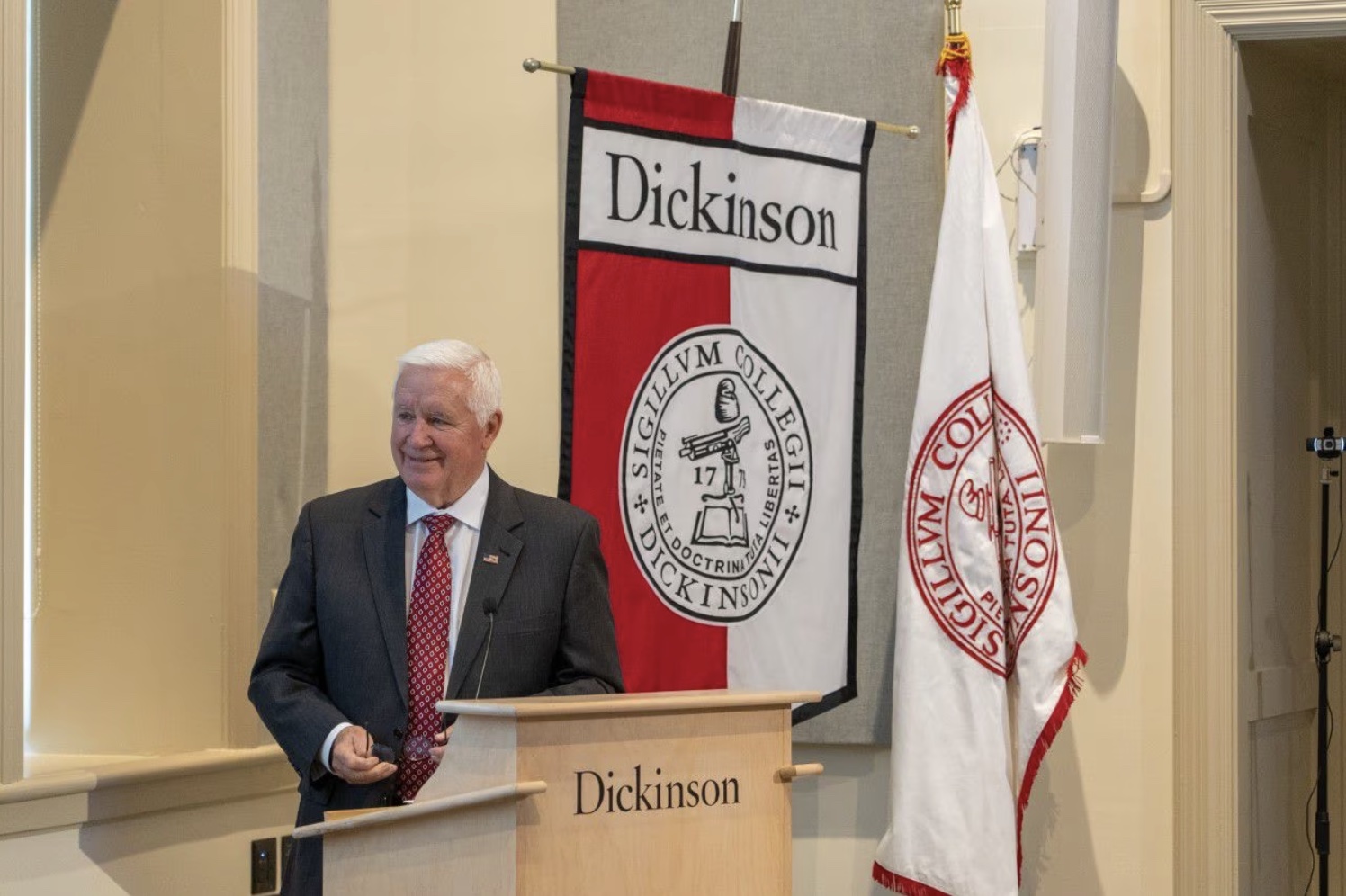Pennsylvania gets targeted for voter education efforts by bipartisan advocacy group
April 3, 2023 | Charles Thompson | Penn Live
CARLISLE – A group of folks who’ve benefitted at the highest level from American electoral politics unveiled plans for a new civic education campaign Monday designed to neutralize what they fear will be fresh waves of voter disinformation in advance of the 2024 presidential election.
The group, known as “Keep Our Republic,” said it is concentrating its efforts in the swing states of Pennsylvania, Michigan and Wisconsin, where leaders say they’ve seen “brush fires” of anti-democratic activism that need to be countered early and often. …
The group, known as “Keep Our Republic,” said it is concentrating its efforts in the swing states of Pennsylvania, Michigan and Wisconsin, where leaders say they’ve seen “brush fires” of anti-democratic activism that need to be countered early and often.
In rolling out the Pennsylvania effort at Dickinson College in Carlisle, KOR leaders stressed their effort is not aimed at endorsing specific candidates or policy issues.
Rather, they will focus on making sure the states have a well-informed corps of community and civic leaders who can serve as trusted voices for their friends, neighbors and community members on questions like the reliability of modern voting systems, or the ballot security measures.
Keep Our Republic’s starting point is that elections systems still function at a high level. But, in the wake of former President Donald J. Trump’s far-flung efforts to debunk it following his 2020 defeat, they believe, it must be protected against unwarranted attacks.
“There’a a brush fire in the body politic and… in certain locations on these states, they’re particularly hot. God forbid, but I think a few sparks could create a five-alarm fire,” said Ari Mittleman, executive director of Keep Our Republic’s national effort.
All three of these states, Mittleman said, faced extensive election-related litigation after 2020, saw active efforts to form alternate slates of presidential electors, and have dealt with ongoing calls for hand recounts and other challenges that delay of certification of results.
Most of these efforts, in the view of Keep Our Republic leadership, amount to election subversion.
The group, which takes its name from Benjamin Franklin’s famous caution to a Philadelphia passer-by during the Constitutional Convention of 1787, also introduced a Pennsylvania Advisory Council Monday led by former Gov. Tom Corbett.
Trump wasn’t specifically mentioned Monday.
But the distrust of the election system he unleashed in 2020 – to the point of Trump supporters storming the U.S. Capitol on Jan. 6, 2021 in an attempt to block the final certification of the Electoral College votes for President Joe Biden – are at the root of KOR’s concerns.
“We’re here today because we don’t want to see… a repeat of what we saw on Jan. 6,” Corbett said, comparing the notoriety of that date to Dec. 7, 1941, when the Japanese attacked on Pearl Harbor to bring America in World War II.
“Both were sad days in American history,” said Corbett, a Republican who served as Pennsylvania’s Attorney General from 2005 through 2011, and then one term as governor starting in January 2011. “We’ve recovered from December 7. We need to recover from January 6.”
To some degree the Keep Our Republic education campaign is still in its infancy.
But Mittleman, a former staffer to U.S. Sen. Robert Casey, said it will involve events like continuing legal education courses for Pennsylvania lawyers on the state’s standards for casting, processing and tabulating the vote; and conversations with county election administrators on the most common misconceptions they face.
The state advisory council members will make themselves available for talks with interested community groups about the election process, Mittleman said, and KOR will seek to partner with local groups that can lead mini-courses on the election process in cities and towns across the state.
Organization leaders also said Monday they will respond directly to disinformation they see coming from public officials – like claims made by several Pennsylvania Republican legislators in late 2020 that the presidential vote count actually exceeded the number of registered voters who turned out.
That claim, based on incomplete data sets, was quickly disproven by officials in the Pennsylvania Department of State.
In addition, Dickinson College political science professor Sarah Niebler will lead a research effort aimed at getting baseline information on things like which counties allow curing of defective mail-in ballots, and how; the pacing of requests for mail-in and absentee ballots; and current salaries and vacancy rates for poll worker positions.
Corbett said he hopes that kind of fact-finding – conducted for a bipartisan group of former leaders – can help inform legislative efforts to improve the process before the 2024 campaign cycle heats up.
Dickinson College President John Jones, a former chief judge of the federal district court in central Pennsylvania, noted one problem is many current office-holders and party leaders won’t speak up in defense of the system because “they are afraid for their political lives.”
Jones, who is also on the new Pennsylvania advisory council, said he hopes the group’s make-up of mostly past public servants from both major parties will help lend it credibility.
“We have some understanding of the way the world works. We’re not fettered by political concerns or whether we can get re-elected to an office. We’re simply trying to lay it out there… for people who are being fed a lot of misinformation,” Jones said.
Mittleman said the elections procedure issues that have become such flashpoints now are little-known to American voters.
KOR’s concern is that’s created a vacuum that different players – armed with the tools of social media – have sought to fill with disinformation, and that’s what needs to be answered.
“We’ve always had conspiracy theories. We’ve always had haters… who want foment their hate to others. We’ve always had people looking for confirmation of their already existing biases,” said former U.S. Rep. Richard Gephardt of Missouri, co-chair of Keep Our Republic’s national executive board.
Gephardt was the former Democratic Party floor leader from 1989 to 2003.
“But this information culture, puts all of this on steroids,” he said, addressing the Pennsylvania rollout remotely. “So we’ve got to deal with that problem as best we can. But in the meantime we’ve got to continue to have valid, trusted elections, and that’s why this (Pennsylvania) group you’re seeing today came into existence.”
Carlisle resident Kathleen Gorak is just the kind of “brush-fire” fighter Keep Our Republic wants to mobilize. Her chapter of the American Association of University Women will wrap up a three-part seminar called “Civics 9-1-1″ on the American political system at Bosler Memorial Library here this week.
After Monday’s roll-out, Gorak said she’s encouraged to see more people with statewide clout and name recognition picking up the fight.
“Little by little I think we’re chipping away at what needs to be done,” she said. “Now will it be in time? Who knows?”
“We may not agree on who should be the next president. We may not agree on what policy is correct,” Corbett said of KOR’s effort.
“But we do agree democracy was established here in Philadelphia, it was defended in Gettysburg, it was protected by the men and women of this state over many wars… and we cannot let this fall away because we don’t know what’s going on.”


